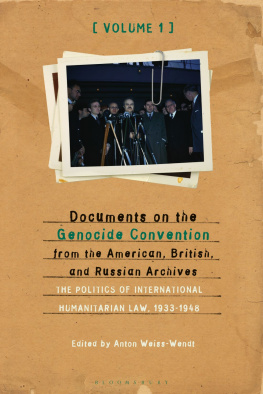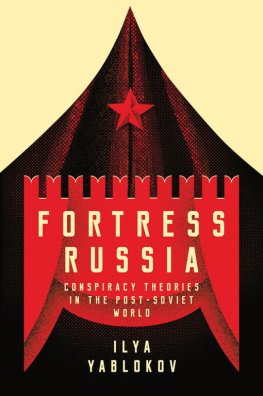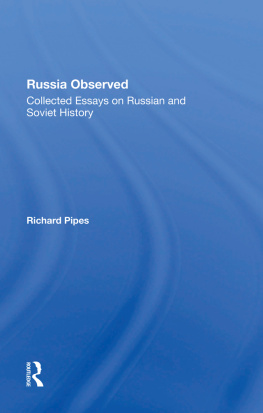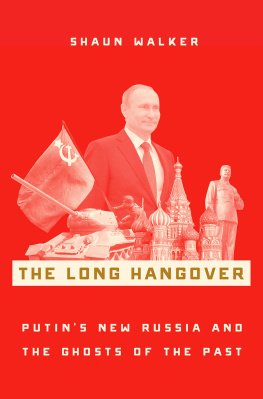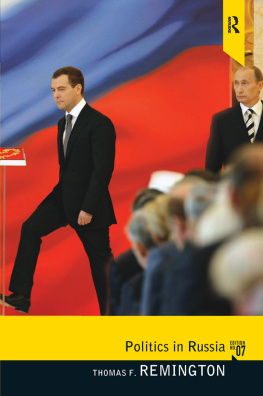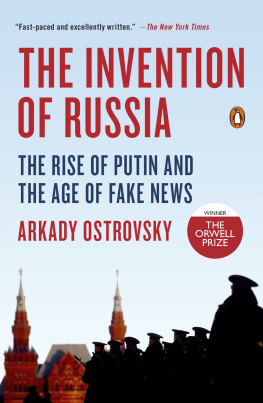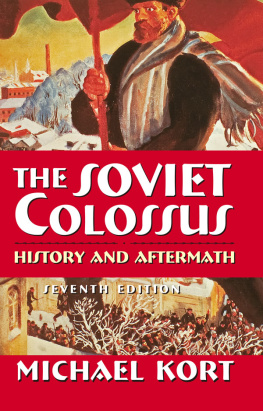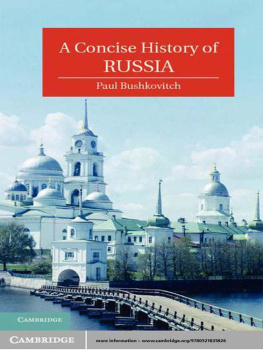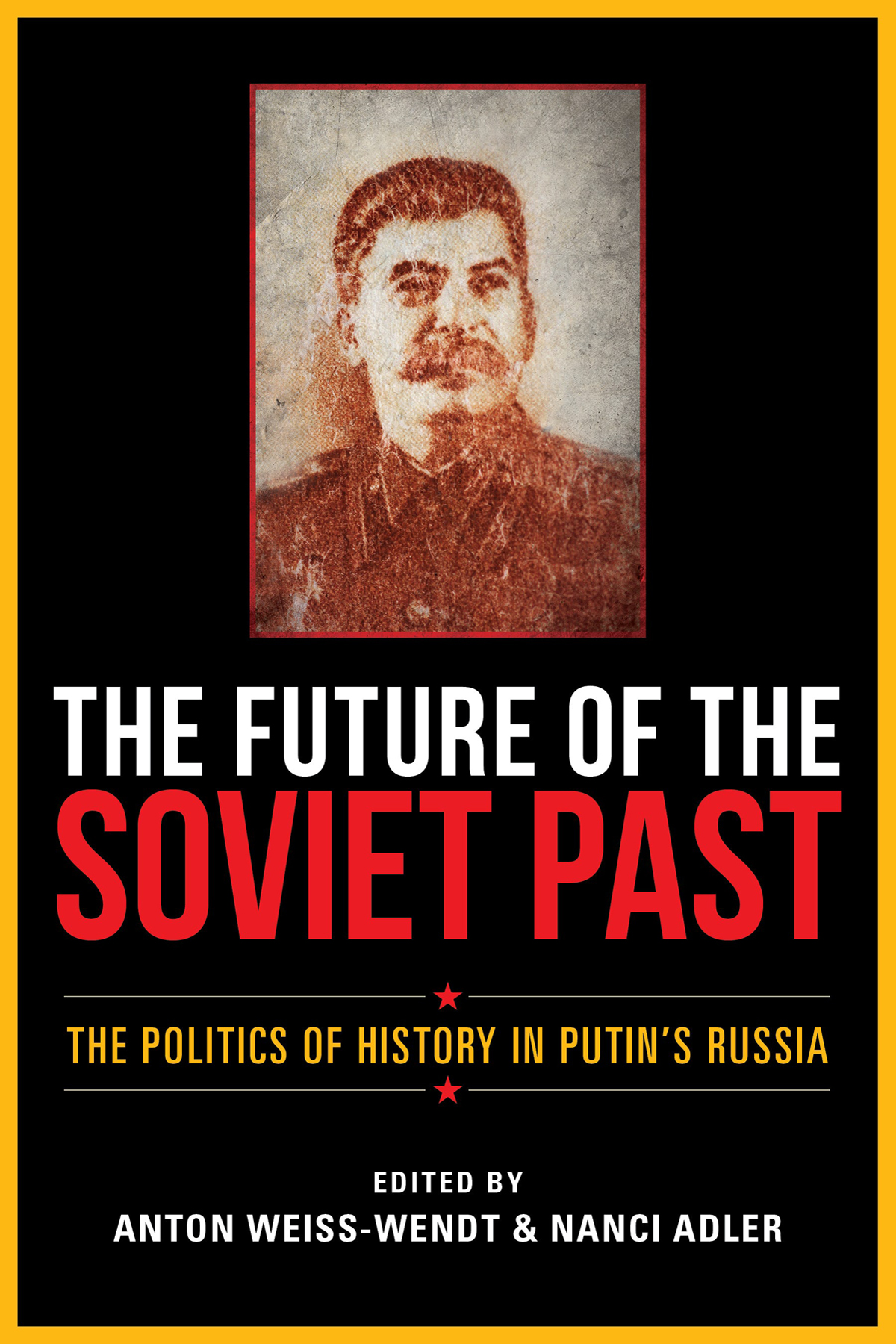THE FUTURE OF THE SOVIET PAST
THE FUTURE OF THE SOVIET PAST
The Politics of History in Putins Russia
Edited by Anton Weiss-Wendt and Nanci Adler
Indiana University Press
This book is a publication of
Indiana University Press
Office of Scholarly Publishing
Herman B Wells Library 350
1320 East 10th Street
Bloomington, Indiana 47405 USA
iupress.org
2021 by Indiana University Press
All rights reserved
No part of this book may be reproduced or utilized in any form or by any means, electronic or mechanical, including photocopying and recording, or by any information storage and retrieval system, without permission in writing from the publisher. The paper used in this publication meets the minimum requirements of the American National Standard for Information SciencesPermanence of Paper for Printed Library Materials, ANSI Z39.48-1992.
Manufactured in the United States of America
Cataloging information is available from the Library of Congress.
ISBN 978-0-253-05759-4 (hardback)
ISBN 978-0-253-05762-4 (paperback)
ISBN 978-0-253-05761-7 (ebook)
First printing 2021
For Arsenii Roginskii in lasting memory
Contents
T HIS VOLUME WAS inspired by a number of rich contributions to a 2016 international conference on The Future of the Soviet Past, a concern one of the present editors had been pondering for over a decade. The event, accompanied by the opening of an exhibition, The Gulag: What Grandfather Didnt Tell, was generously supported by the Norwegian Foreign Ministry and organized by the Norwegian Holocaust Center in Oslo. The editors selected those presentations that stood out for their originality and recruited additional submissions from leading colleagues in the field. The editorial process has been long and rigorous, and in the course of writing, we witnessed, experienced, and subsequently incorporated many new, troubling manifestations of the current regimes history politics.
We thank the authors for their diligence; willingness to engage with our critical comments, patience, and conscientiousness; and, above all, the high quality of their work. We hope the provocative questions they raise on the fraught, politicized history and historicized politics of the Soviet experience will nowa generation after the systems collapseadvance the discussion.
The team at Indiana University Press, especially Jennika Baines, has been exceptionalsubstantively engaged and highly supportive of this project from early on. We would also like to express our gratitude to the external referees for their careful scrutiny and very helpful comments and suggestions.
Last, but perhaps most important of all, we are deeply indebted to Arsenii Roginskii for his moral fiber, erudition, and courage. The founder and decades-long chairman of Memorial, Roginskii prioritized the pursuit of historical accuracy above his personal safety. He was at the helm of most initiatives and debates in Russia regarding the remembrance and commemoration of victims of Stalinism. Roginskiihistorian, former dissident, former Gulag prisoner, the son of a victim of the Stalinist terror, born in the camp zoneled Memorial in challenging, by scholarly and civil means, the arbitrary use of authority and demanded no less than an accounting of and accountability for past crimes. This book is dedicated to his legacy.
Nanci Adler and Anton Weiss-Wendt
THE FUTURE OF THE SOVIET PAST
A T THE END of the Soviet era, it seemed inevitable that the nations history of repression would be more fully acknowledged and redressed. By 2005, as the future of the Soviet past became increasingly unpredictable, this expectation proved inaccurate. This narrative is reinforced by a patriotism cultivated through museum exhibitions, publications, films, school curricula, and legislation. Included in this form of patriotism is the casual acceptance of repression, which has been successfully coupled with the valorization of Stalin and his role in the Second World War. Many of these trends are generated from the top down, but they have found broad public resonance and are also reinforced from the bottom upwith the support of the Orthodox Church and the emergent cult surrounding the Soviet (and Stalins) victory in the Great Patriotic War. While there are countercurrents from parts of civil society, they have met considerable resistance. In the absence of judicial reckoning, a truth commission, or a host of other institutionalized approaches to confront a repressive past, the current regime appears to be trudging forward with no coherent vision or even particular impetus to move past its Soviet past. This is the backdrop that forms the current collection. In this introductory chapter, we outline some of the more prominent, sometimes contradictory trends that inform present remembrance of the Soviet past and the politics of history and raise a number of questions that receive a more comprehensive treatment in individual chapters.
Before turning to the volumes contents, in this chapter we seek to examine the efforts to repress the memory of repression, the unifying force of triumph in the national narrative, and the evolving authoritarian turn in historymaking. Although it is not our intention to conflate the Soviet past with the Stalinist past, our approach derives from the premise that a default political culture of authoritarianism both preceded Stalin and characterized his successor regimes. Hence, in this volume, the editors define Stalinism not so much as the personal evil of Stalin (the person) but rather as a larger phenomenon (the system). Thus framed, it might well be applied to the entire Soviet periodas it was by the nascent organization Memorial in the 1980s. Arguably its effects have persisted all the way into the present. We hope with these reflections to contribute to the debate on the long shadow of Stalinism.
Since coming to power in 1999, Vladimir Putin successfully wrestled control over state affairs. In the process of consolidating power, he curbed many elements of a democratic society that had been emerging since the late 1980s, including a pluralistic vision of the countrys past. The post-1991 period offered no shortage of examples that attest to the enduring legacy of the Soviet past, including the fact that since 2014, references to all things Soviet have become ubiquitous. Sponsored and variously promoted by Putins government, an emphasis on the positive aspects of the Soviet experience has become a staple of the new (old) Russian national narrative.
Some of the more recent events and debates related to history in Russiacomplete with the attendant resurrection of Soviet-era symbolsoffer insight into the main narrative on the past promoted by the present regime. This narrative has come to include the (unofficial) rehabilitation of Stalin. In February of 2015, for example, a monument to Stalin, Churchill, and Roosevelt attending the 1943 Tripartite Conference opened at Yalta, in Crimea. In his speech at the UN General Assembly that September, President Putin referred to the Yalta Agreement (sometimes referred to as the Yalta betrayal in early Western historiography) as a foundation for world peace and security. Stalingrad, a seminal battle and turning point in the war, was being instrumentalized to cultivate national pride in the Soviet past, which was conflated with pride in Stalin and vice versa.
The glorification of this past is becoming more pronounced. As if it were coordinated, shortly after the Sevastopol performance, a three-meter-tall statue of Stalin opened in the Mari El Republicone of over forty such edifices built by local initiative across Russia in the past few years. If lucky, one can even catch a glimpse of Stalin and/or Putin emblazoned by some motorists on their (expensive foreign) cars in Moscow and other major cities. Following the 2014 publication of a calendar devoted to Stalin by the Russian Orthodox Church, Patriarch Kirill of Moscow suggested that the Russians should forget neither the mass terror of the 1930s nor all the good that Stalin had done for the countrya message supported by the Kremlin and receiving broad resonance among the populace.


